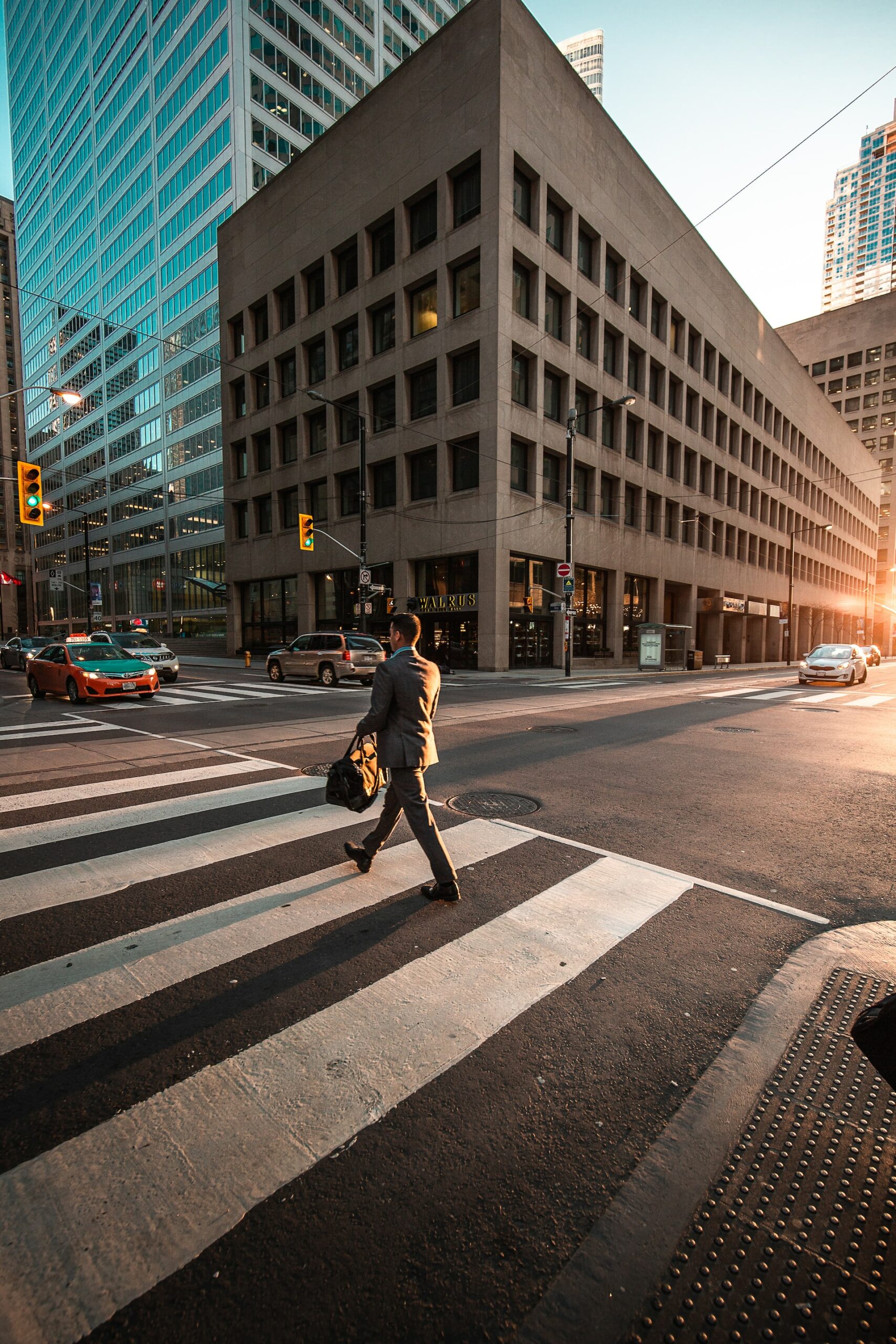Declaration of bankruptcy
Get out of debt
and get back on track financially.
Consumer proposal
up to 50% of your debts.
Debt consolidation
Get a loan from a financial institution and combine all your debts into one payment.
Voluntary deposit
Refusal of an insolvent estate
Refusal of succession is the possibility for an heir to refuse the succession, i.e. to accept or refuse to inherit the property of the deceased.
How does it work?
Step 1
By making an appointment with one of our experts, you are already taking the first step towards a solution adapted to your needs. He or she will be able to advise you on the possibilities surrounding your financial problems.
Step 2
Your assigned expert will share with you the diagnosis of your situation and the next steps. It’s time to ask all your questions and make an informed decision based on our team’s analysis.
Step 3
Creditors no longer have the right to speak to the debtor (you). You are now under the protection of the law. Your licensed insolvency trustee dictates the next steps and takes complete charge of your file.


Do you have any financial problems? Are you experiencing one or more of these situations?
- You are not able to reduce your debts. Instead, you borrow to pay off old debts;
- You can’t pay all your current debts at the end of the month;
- You can’t pay your rent;
- You are unable to pay your Hydro-Québec, Bell or Videotron account;
- You mainly use your credit card and pay only the minimum payment;
- Your income has decreased due to a family or medical situation;
- You are in the process of separation or divorce;
- You have taken on someone’s debts and they are unable to repay their loan.
If you answered yes to one or more of these questions, bankruptcy may be an appropriate solution for you.
The consumer proposal consists of offering a lump sum to creditors, repayable in monthly installments, for a period not exceeding 60 months. We take the amount offered and divide it by the number of months you want to take to pay it back. There is no interest on the debt, only a debt that decreases month after month.
The consumer proposal: is it for me?
This option is for an individual who has a monthly income that exceeds his or her current expenses, excluding debt payments.
Also, a consumer proposal is advisable if you have seizable assets that you wish to keep. However, the proposal will have to consider the value of these assets.




Debt consolidation requires you to approach a financial institution to obtain a loan that will cover all your debts.
Who should consider debt consolidation?
A person with a good credit history could benefit from debt consolidation. However, the company will have to be able to persuade an institutional lender to make a loan covering the total amount of its debts.
If you have employment income, voluntary deposit may be right for you.
If your debts are less than $10,000 and you have employment income, a voluntary deposit may also be an option to consider to settle your debts.
How does voluntary deposit work?
First, you will need to open a file at the provincial courthouse in your area. Then you can pay off your debt by making payments of 30% of your gross income until the debt is paid in full. This option also has its disadvantages, as creditors are entitled to interest on the unpaid balance. This is information that should be taken into account.




If the value of the estate’s assets is insufficient to pay creditors’ debts and bequests as an individual, the estate is insolvent. In other words, the total assets including cash are less than the debts, including the taxes of the deceased and the estate.
What are the consequences of accepting or refusing an insolvent estate?
The beneficiaries of the insolvent estate, i.e. the heirs, and the executor become personally liable for the unpaid debts. In the event that you are the heir to an insolvent estate, you will be left with the debts of the deceased.
An estate should not make any distribution of assets until all debts are paid, which should allow you to see concretely what you would inherit if you accepted the estate.

